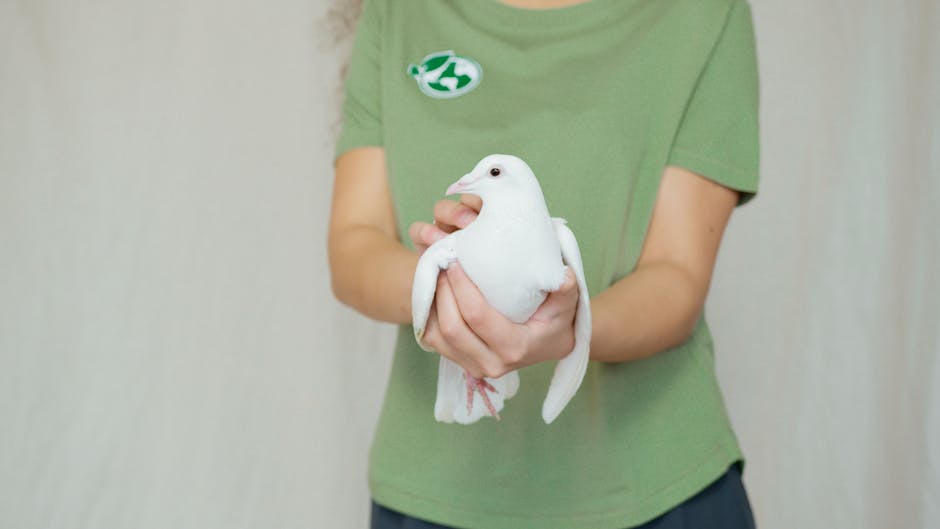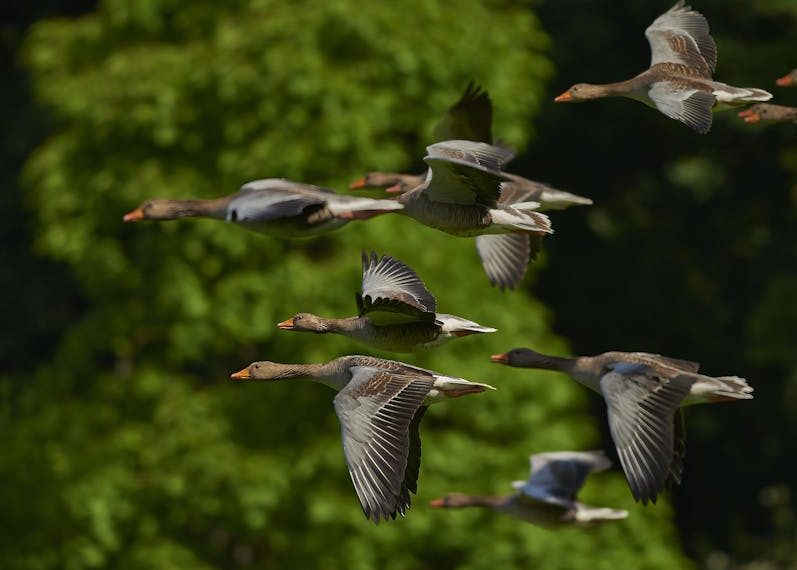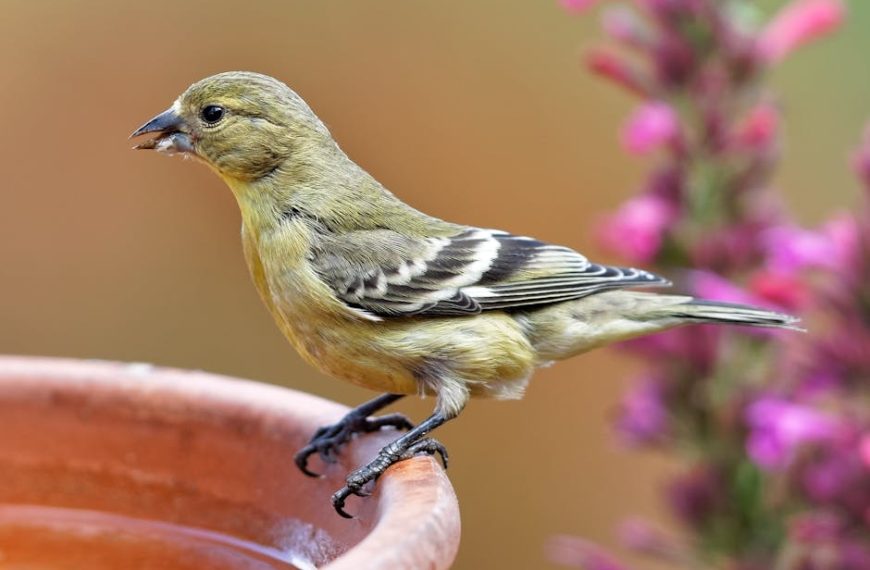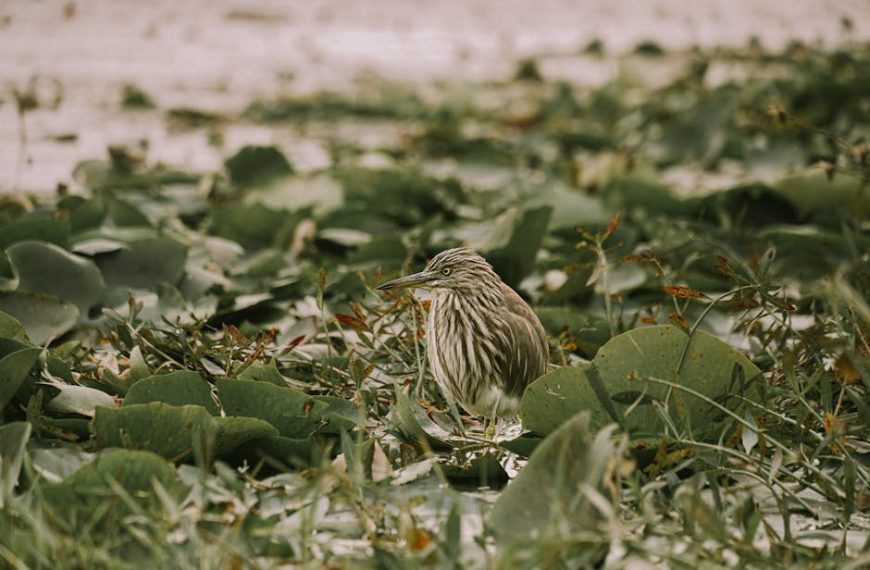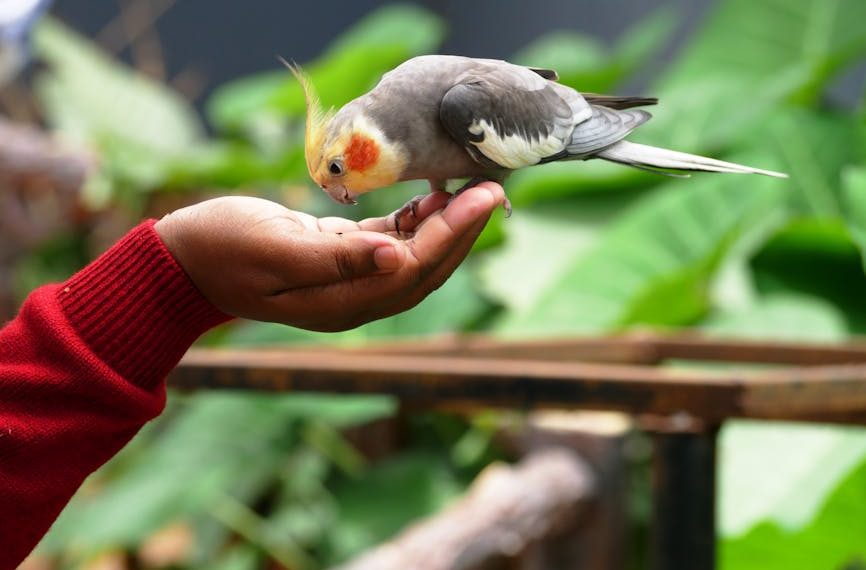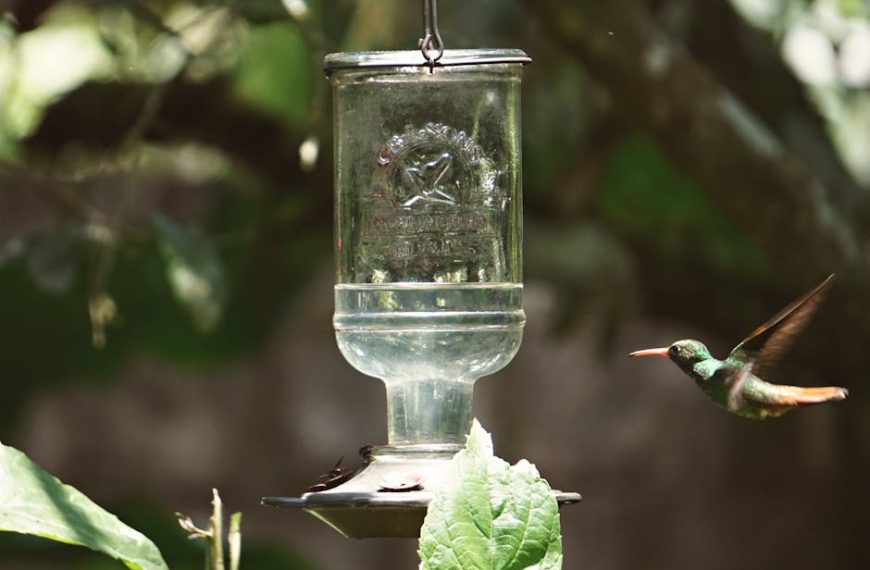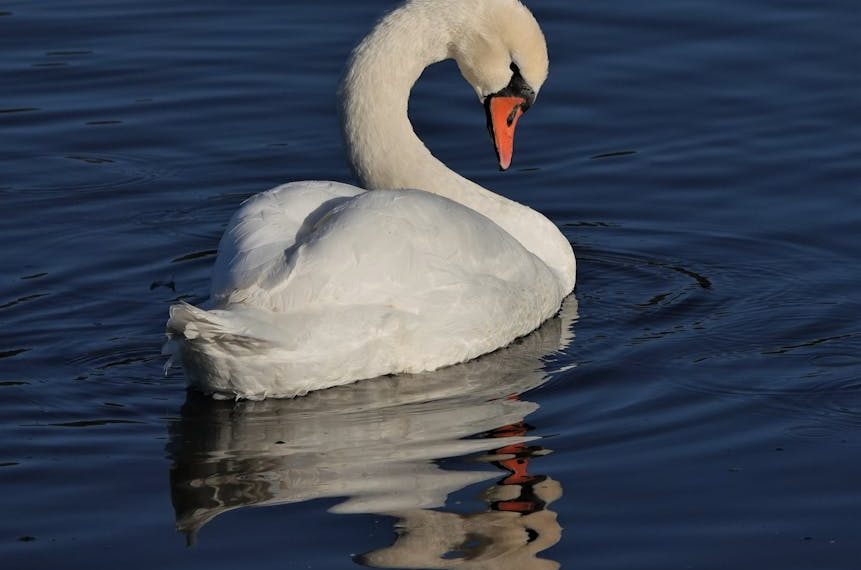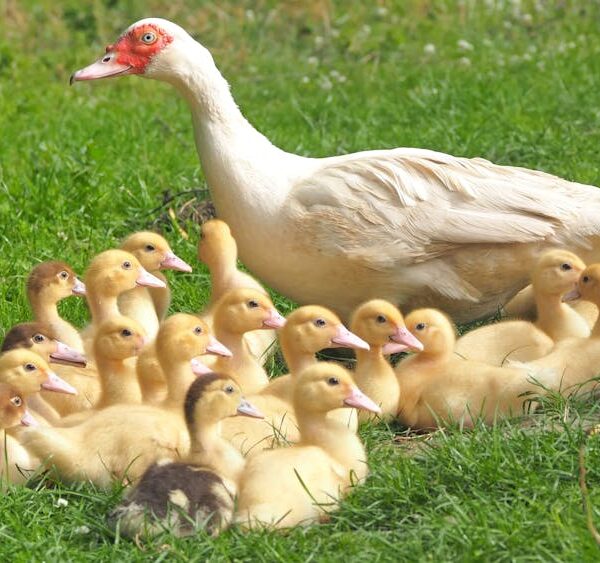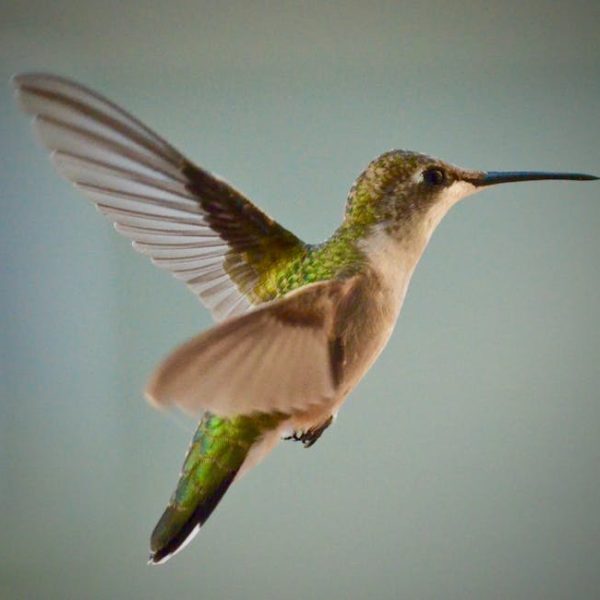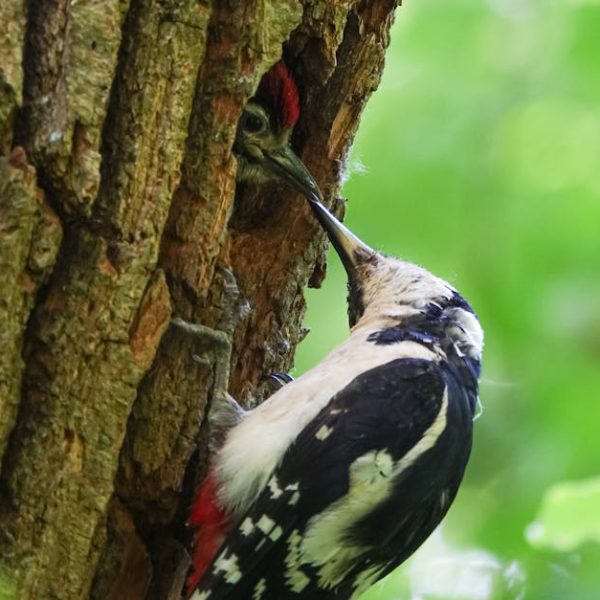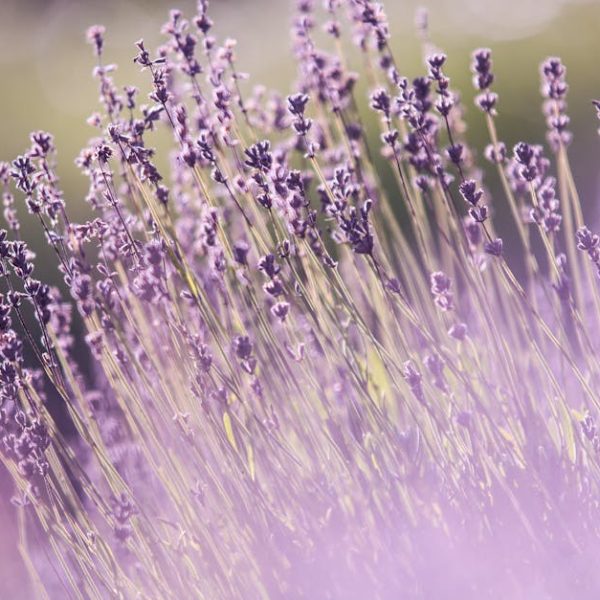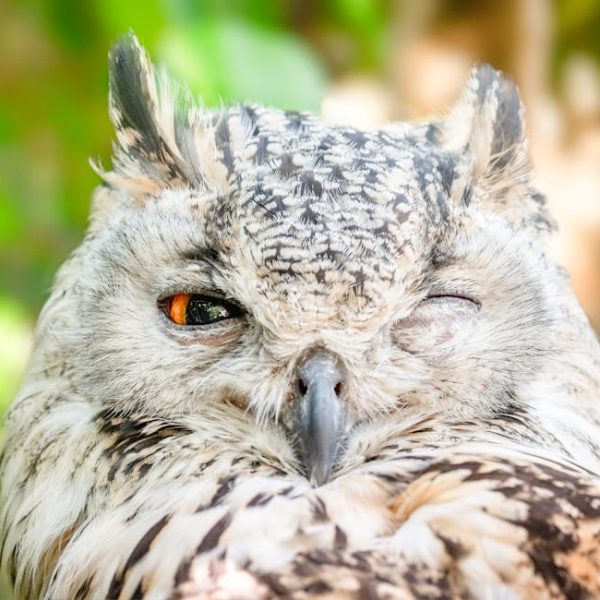If you’re a proud bird parent, you understand the pleasure of bonding with your little feathered friend. Showery cuddles, playful games and yes, petting, are ways we humans express affection to our pets. However, when it comes to birds, there’s a line of cautionary conduct that needs to be followed, notably with wing petting. Here, we explore 5 reasons why you might want to reconsider your petting strategy, and provide some healthier alternatives for bonding.
1. Misinterpretation of Human Affection
Understanding bird behaviour demands acknowledgement that they’re far removed from mammals like dogs and cats. In our world, petting is a gentle, affectionate gesture. However, birds may interpret this act differently. Regularly stroking your bird’s wings could sow seeds of confusion and lead them to misinterpret your gesture as a mating call.
Here are a few tried and tested methods to bond with your bird:
– Softly talk to your bird – they love being a part of your conversation.
– Let them perch on your shoulder from time to time – It makes them feel safe and valued.
Pro Tip: Try the head scratching technique. This practice, common among birds, is seen as friendly rather than sexual.
2. Unwanted Sexual Arousal
Just like humans, birds have mating rituals. Unfortunately, wing stroking is often interpreted as this type of communication. Regular wing petting could, therefore, trigger sexual arousal, leading to hormonal imbalances and erratic behaviour.
Pets can bring joy, but also responsibilities that might not associate with more common creatures. It’s important to understand the profound effect this activity might have on your bird’s physical and emotional state.
Educational Insights: Over-stimulation can lead to a number of health issues, including a drop in weight, feather plucking, and even osteoporosis due to chronic egg-laying stemming from unnatural arousal.
3. Potential Health Risks
Although it may seem innocent, excessive wing petting can lead to a variety of health complications. Feather plucking, hormonal changes and most alarmingly, egg-binding – where your bird’s egg gets caught in the reproductive system – could be a painful consequence of improper bird petting.
To keep your bird healthy and happy, check for:
– Change in the way your bird looks or acts
– Any unusual feather loss or plucking
– Any physical changes like continuous egg-laying
Pro Tip: Regular vet check-ups are key, especially if your bird has been repeatedly subject to wing petting. This can nip in the bud any potential health issues before they turn into bigger problems.
4. Behavioural Changes
A bird’s behaviour is fragile and can significantly alter by misunderstood human gestures – like wing petting. If you notice aggressive outbursts or excessive dependence on human presence, it could be a direct fallout of stimulating them inappropriately.
Here’s a snapshot of how petting impacts different bird behaviours:
– Birds that are petted on their body or wings often become more possessive or aggressive.
– Those petted in non-arousing ways (like head or neck scratches) usually maintain a more relaxed and even-tempered disposition.
Healthy Bird Practices: Utilize interaction methods that foster positive behaviour. Respect their bird body language, avoid petting the back or wings, and use conversation and toys to engage them.
5. Disruption to Natural Instincts
Every creature has instincts key to their survival. Birds have rich behavioural repertoires involving self-grooming, foraging and talking. Disturbing these with excessive petting, particularly wing stroking, can have severe consequences on their overall welfare.
Some natural bird behaviours that may be suppressed by inappropriate petting include:
– Preening: Birds regularly clean their feathers to keep them orderly.
– Vocalizing: Birds used to converse frequently might get silenced.
– Exploring: Birds love to explore and stimulate their minds with new surroundings or toys.
Pro Tip: Encourage your bird’s natural behaviors by setting up a bird-friendly environment. Adding a variety of perches, and using training techniques that mimic natural social interactions can go a long way toward a happier, healthier bird.
Conclusion
Birds are unique creatures with their own complex set of behaviours and physiological requirements. What we see as a innocent display of affection, like stroking their wings, could lead to misunderstanding, behavioural changes, and even health issues for our avian companions.
Remember these key points:
– Remember to always interact with your bird in an appropriate manner.
– Avoid petting your bird’s wings and back – it can lead to behavioral and health issues.
– Regular vet check-ups are always a good idea, especially if you suspect your bird might have health issues due to incorrect petting.
– Always encourage your bird’s natural behaviours.
With a little understanding, patience and care, you can ensure that your feathered buddy has a long and healthy life. After all, a happy bird makes for a happy bird parent!
References
Pet Education: Understanding Bird Body Language (www.peteducation.com)
Avian Behavior International: How to Handle and Train Your Bird (www.avian-behavior.org)
Birds: Best Practices for Pet Care (www.birdsmagazine.com)
Author
Jane Doe is a bird enthusiast, having kept multiple species of pet birds over a span of 15 years. Trained in avian behaviour, Jane shares her knowledge and love for birds through her writing and community engagements. You can reach her at [email protected] for any bird-related queries or follow her on social media for daily bird facts and tips.
Credit
The beautiful bird pictures on this page were taken by John Smith. You can view more of John’s wonderful bird photography here.
Disclaimer
This article provides general information that should not be used as a substitute for professional advice. Always consult with a certified avian veterinarian or bird behaviourist for specific advice related to your pet bird. This information is provided on an as-is basis.
Key Takeaway:
- Birds are different from other pets; they interpret pet gestures differently. Continual petting on the wings can create confusion and affect their mating instincts.
- Wing petting can lead to unwanted sexual arousal in birds causing hormonal imbalances and unpredictable behaviour.
- Excessive wing-stroking carries potential health risks such as feather plucking, hormonal changes and egg-binding.
- Pet birds can undergo significant behavioural changes based on human gestures they do not understand, leading to aggression or overdependence.
- Petting practices not natural to birds can disrupt their natural instincts like grooming and foraging, thus affecting their overall well-being.
In conclusion, while it’s normal to want to show affection to your bird, understanding their unique behavioural tendencies is vital. Adopt inoffensive ways to bond, like soft talk, shoulder perching and head scratching, and avoid practices that could cause misunderstandings or affect their health. Regular vet check-ups can ensure your bird’s wellbeing, allowing a healthy, happy relationship between you and your beloved feathery friend.
FAQs
Q: Why is it harmful to pet a bird on their wings?
A: Petting on birds’ wings can be misinterpreted by them as a sexual overture that can lead to hormonal imbalances, erratic behavior and other health complications.
Q: How should I show affection to my pet bird?
A: You can show affection by talking softly to them, allowing them to perch on your shoulder and practicing head scratching as a bonding method. These are gentler gestures that birds generally understand.
Q: What signs should I look for that indicate a health issue in my pet bird due to excessive petting?
A: Look for changes in your bird’s appearance and behaviour, any unusual feather loss, and physical changes like continuous egg-laying. These signs may suggest health issues linked to inappropriate petting.
Q: How can I promote healthy behaviour in my pet bird?
A: Engage them in ways that foster positive behaviour. Understand their body language, use toys and conversation for interaction, and avoid petting the back or wings to prevent undesired behaviours.
Q: How can I encourage my pet bird’s natural behaviours at home?
A: You can set up a bird-friendly environment with different types of perches and training techniques that replicate their natural social interactions. This will stimulate their natural behaviours and contribute to their overall wellness.
Remember that knowledge is key to providing the best care for your feathered friend. Feel free to share this insightful piece with fellow bird parents and explore our website for more bird care advice and interesting bird facts.
